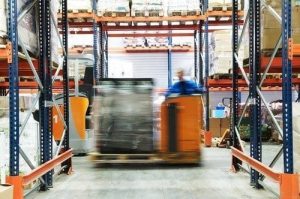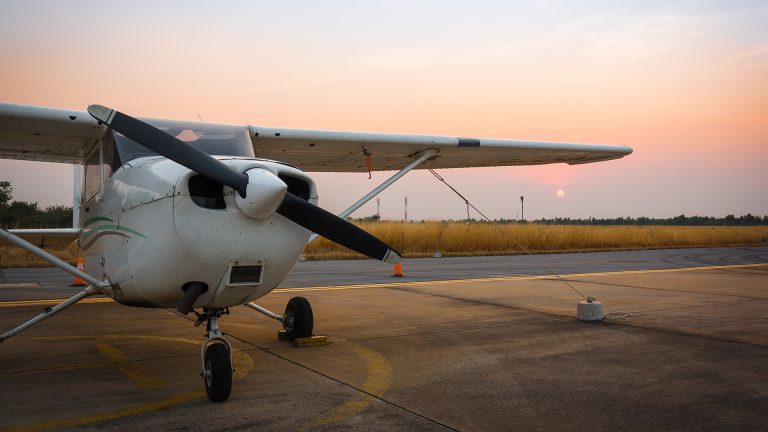
As technology continues to impact warehouse equipment and other facets of supply chain, artificial intelligence (AI) is seen as the next wave of the future. AI is being used to pilot industrial vehicles and make predictions based on data gathered from containers and machinery.
Some predict the eventual arrival of a fully autonomous supply chain, but is that actually possible or even desirable? Experts say a hybrid AI model is the best solution for optimum efficiency and productivity.
The Role of AI in Supply Chain Operations
While the popular concept of AI is tied to machine learning, supply chains have already been using AI in applications such as operations research and fuzzy logic. The common denominator is that all involve gathering and processing historical data.
Where AI comes up short is decision-making. Based on the quantity and high level of data amassed, AI can make accurate predictions related to customer demand and other variables. But making a final decision requires context, something only humans can provide.
Combining AI and Human Intelligence
Analytics fall into four broad categories with increasing degrees of difficulty and importance:
– Descriptive (What happened?) and Diagnostic (Why did it happened?) are where historic data comes into play.
– Predictive (What can happen?) and Prescriptive (What should we do?) involve processing available data to determine how best to move forward.
AI is invaluable in the first three steps. When it comes to decision-making, a human can take data and apply external factors, such as weather or season, to determine the optimum course of action.
Cutting-Edge Warehouse Equipment for Today’s Supply Chain Operations
Make sure you have the right warehouse equipment to implement more productive processes. Contact DJ Products for information about our selection of electric tugs, movers and pushers.


